What is capital expenditure (CAPEX)
Lately on the blog we’ve taken a look at some of the business terminology that might be intimidating for people who have changed career direction, or young entrepreneurs. We’re taking a look at capital expenditure today, so that it is a bit clearer for those of us who aren’t accountants!
Speaking of accountants, before we get started we should mention that although we have a wealth of knowledge within the Avasam team, we’re not qualified accountants, and so you should always seek out expert advice before making major business decisions. You should also bear in mind that we’re based in the UK, and accountancy requirements are different around the world – so again, find an accountant or tax expert in whichever country you’re in and take their advice.
What is capital expenditure?
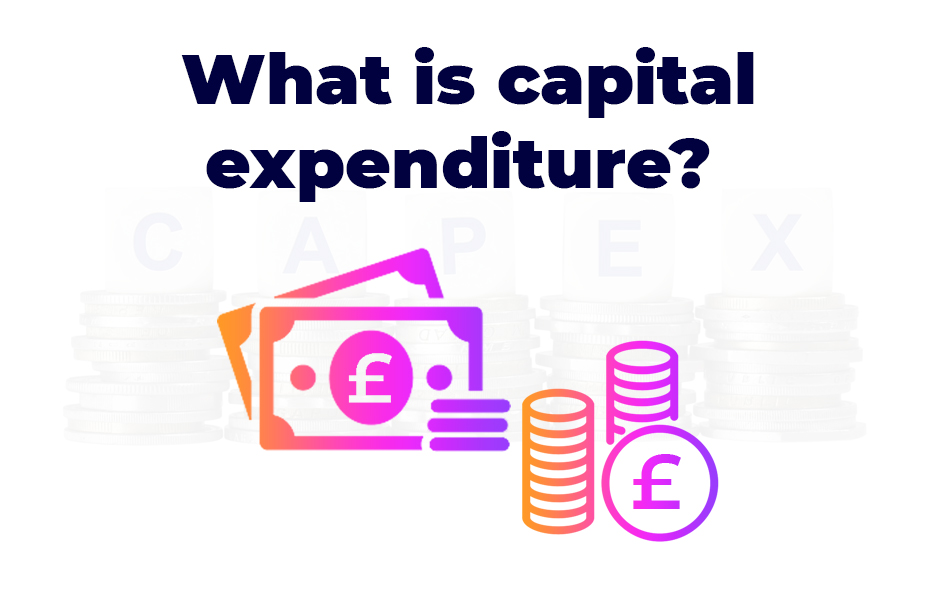
Capital expenditure is the term that is applied to money that is spent on major physical goods, or services that the business will use beyond a single year – essentially, a business asset. Businesses may spend on their business premises, a major piece of equipment or vehicles that are necessary to transport goods or equipment. The type of things that count as capital expenditure are different between businesses in different industries.
How does capital expenditure differ from everyday expenses?
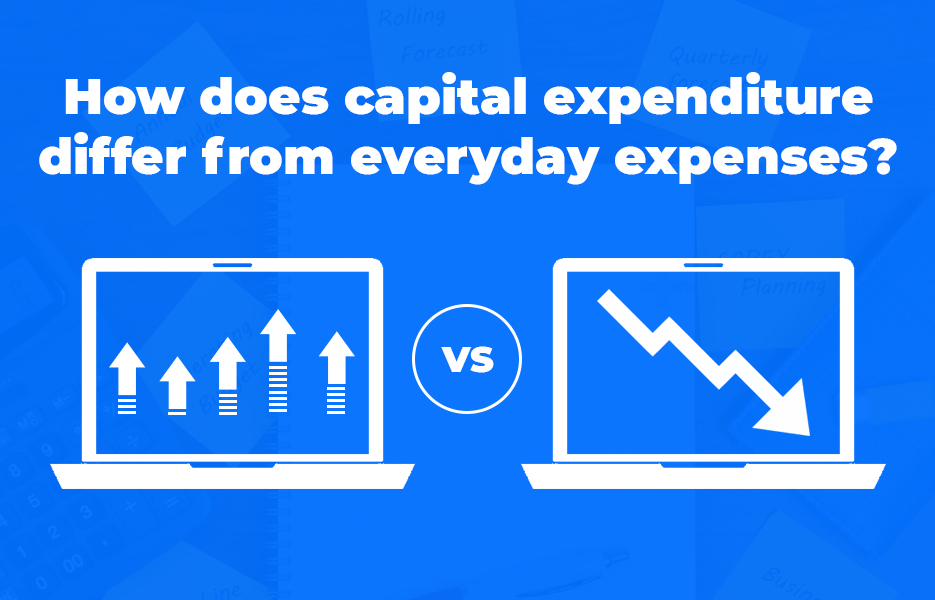
Everyday expenses are sometimes called operating expenditures, and they’re the day to day expenses that a business has to make to keep the business going. This can include thinks like rent and utilities, as well as salaries and pensions. Also counted under everyday expenses are research and development costs, taxes and travel expenditure such as fuel.
Operating costs are typically the majority of outgoings for a business, and in most companies managers will seek out ways to reduce the operating costs of a business, without impacting the effectiveness of the business. The majority operating expenses are usually tax deductible in the year they are made, but there are sometimes exceptions, so you should check with your accountant to be sure.
Who needs to be involved in a capital expenditure decision?
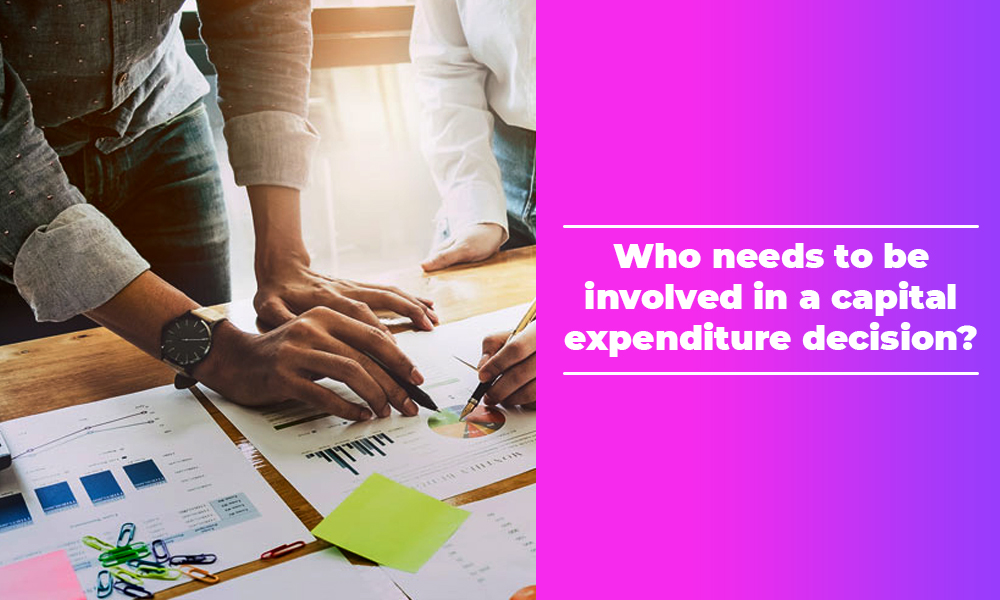
Like so many things in the world of business – the answer is once again, “it depends”. Capital expenditure usually means a significant financial investment, with a big outlay of cash or credit, and so isn’t a decision that can be taken lightly. There may be several stakeholders that need to be involved, depending on the nature of the business, and so the board of directors, or shareholders may need to be consulted.
Capital budgeting
Capital budgeting is simply planning around your capital expenditure. It is often used to identify long-term investments for the business to make, and the inflow and outflow of money. There are always advantages of budgeting, but there are also limitations for capital budgeting too – let’s take a look:
Advantages
- Helps to understand risk and its effects
- Helps with decision making
- There are several ways to assess capital budgeting
- Increases the potential for bigger profits
- Provides bigger control over expenditure
- Prevents over- or under-investment
- Once decisions are made, they are usually irreversible
- Uncertainty can lead to unsuitable decisions
- Perceived risk is subjective
- Access to professionals may be tricky
- Capital budgeting can be expensive
Although there are limitations, capital budgeting should still be a mandatory exercise for companies before they invest in a CAPEX project. It allows the management team and any investors to really dig deep into the pros and cons of making an investment, to help them to understand the expected return on their investment – including whether the purchase will increase the value of the company. All this, in turn can help the decision makers to make the most suitable decision when there are several options available.
Capital allowances
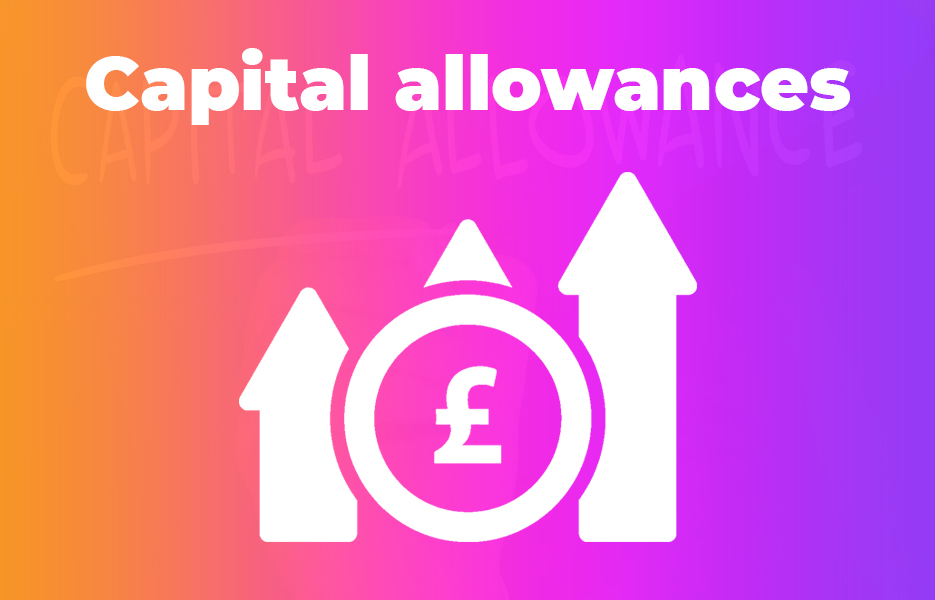
When you’re making a capital allowance purchase in the UK, there are allowances that you (or your accountant) can claim. These are such as machinery, equipment or vehicles that will be used for your business.
Examples of capital expenditure
Her Majesty’s Revenue and Customs (HMRC) defines some of the items that you can claim capital allowances as:
- Equipment
- Machinery
- Business vehicles
- Renovating business premises (in certain areas of the UK)
- Extracting minerals
- Research and development
- ‘Know-how’ (intellectual property about industrial techniques)
- Patents
- Dredging
- Structure and buildings
As always, your accountant or tax professional will be able to advise you further, so if you have a major purchase to make for your business, you should consult with them to ensure you’re doing it in the most tax-efficient way.
Exceptions to claiming capital allowances
If the business is a sole trader, or a partnership that earns up to £150,000 per year, then your accountant may advise you to use cash basis. If this is the case and you’ve already claimed capital allowances, there is guidance about the steps you might need to take. Your accountant should be able to complete these steps for you, assuming that you have authorised them as an agent to speak with HMRC on your behalf.
When the business is in the first year, the full cost can be deducted from the profits before tax – they are in addition to the annual investment allowance. In the first year, there are additional ‘enhanced capital allowances’ for certain items that help a business run more efficiently. These include:
- Certain cars that have low CO2 emissions.
- Energy saving equipment is on the energy technology product list. This includes certain motors.
- Some water saving equipment. Check the water efficient technologies product list for more details.
- Types of plant and machinery for gas refuelling stations. This can include storage tanks and pumps.
- Certain types of gas, biogas and hydrogen refuelling equipment.
- New zero-emission goods vehicles
If you’re buying an asset in order to lease it to other people, or it is for use in a home that is let out by the company, you will be unlikely to claim on these items.
How to claim your capital allowances
When the business has established your capital allowances, you can claim:
- Self Assessment tax return (if you’re a sole trader)
- Partnership tax return (if your business is a partnership and you are a partner)
- Company tax return if you’re a limited company – but you must include a separate capital allowances calculation
Employees are required to claim in a different way for major purchases. If you are an employee, you can find more information about claiming tax relief on expenses on this page.
Depending on whether you want to claim the full value as part of your annual investment allowance, or your first year allowance, you will have to claim in the correct accounting period according to when you bought the asset. If you only want to claim part of the value, you can do so using writing down allowances. You’re allowed to do this at any time, as long as you own the item.
The useful life of a capital expenditure purchase
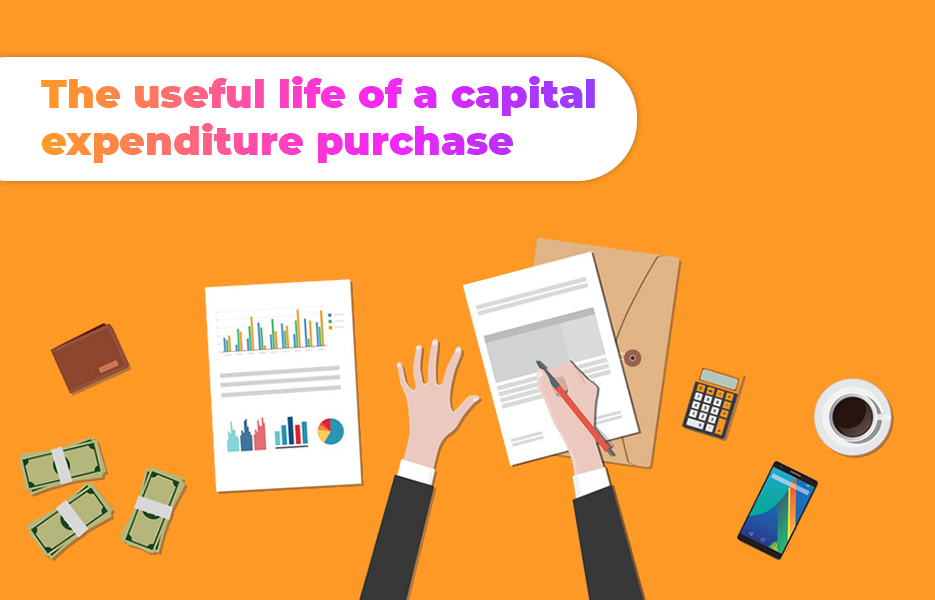
As the asset is being used, the accountant will calculate depreciation on the asset throughout the term of its useful life. Depreciation is the wear and tear on the item – such as with a vehicle, the useful life before it needs too much maintenance and needs to be replaced.
The useful life of a capital expenditure asset will differ depending on what it actually is. Some items may last between five and ten years, but where the CAPEX is a property purchase, it may be that the depreciation is applied over more than twenty years.
What happens when you no longer use an asset?
When the business decides to sell off a capital expenditure asset – such as where a premises is sold, for example – it will be recorded in the accounts as cash flow from investing activities.
Where an asset has no more useful life within it, may be disposed of by selling it for salvage value. If the asset is obsolete – such as in a piece of machinery that is no longer suited to current manufacturing processes – and there isn’t a market for that machine anymore, the item might need to be completely scrapped and the company may not receive a payment.
Whether the asset is sold or disposed of, and is not in use by the company it will be written off the balance sheet completely.
Capital expenditure is something most successful businesses will need to think about, sooner or later. Knowing about the advantages of making a capital purchase in the first year may influence your decisions as to whether you make that purchase now, or later.
- Capital expenditure is about the big purchases you make for your business, rather than everyday expenditure
- Decision makers in a business should be involved in capital budgeting activities to make the best choices for their company
- Capital allowances as decided by the HMRC should be carefully understood for the most optimal outcomes
- When a capital expenditure purchase has depreciated beyond usefulness, it should be sold where possible or disposed of appropriately
When you’re just getting started with a small business, you might not be thinking as far ahead as making capital investments. But with the right approach, your business can grow quickly, and so knowing about the potential capital expenses that your business might incur in the future can help you plan much better. As we all know, planning prevents poor performance!
Although DropShipping businesses don’t typically require a lot of capital expenditure, many successful sellers diversify their business, so planning, and knowing the type of expenses that might be in your future can help you be even more successful. If you’re just getting started in the world of eCommerce, sign up for your free Avasam account to see how it could benefit you today. Absolutely no capital expenditure required.
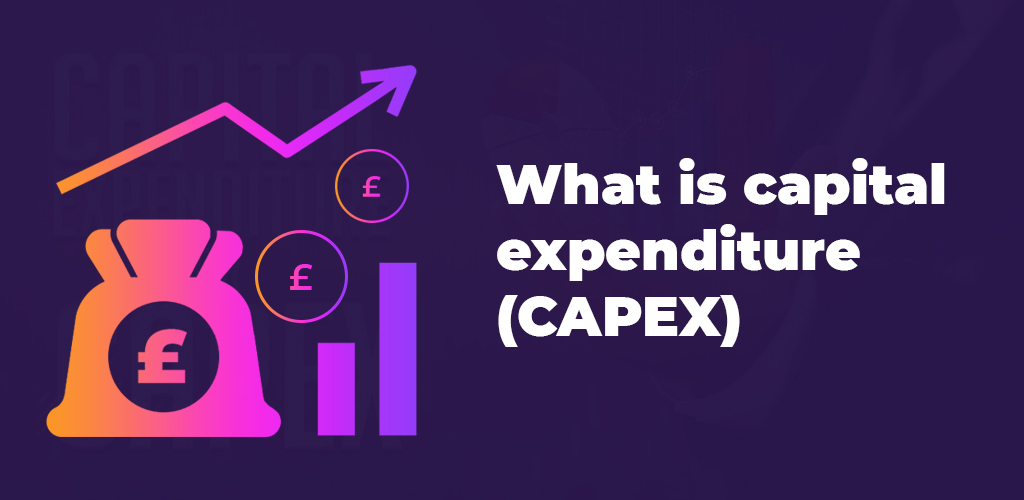
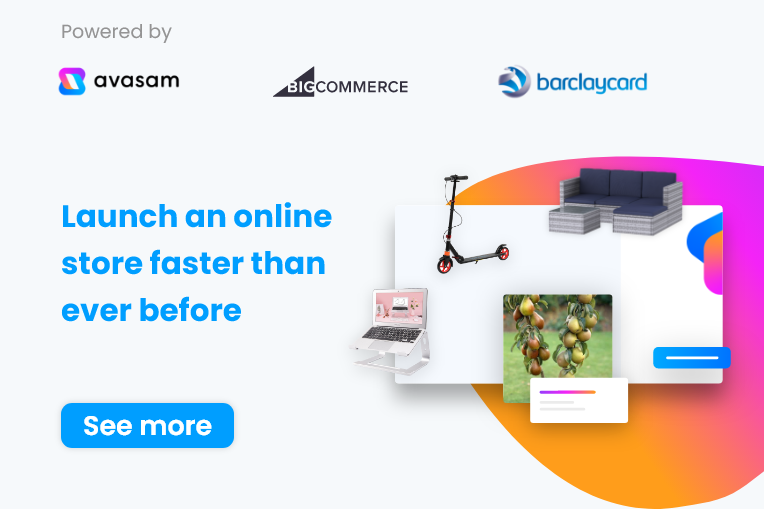
DropShip products from verified suppliers to diversify your inventory and scale your eCommerce business